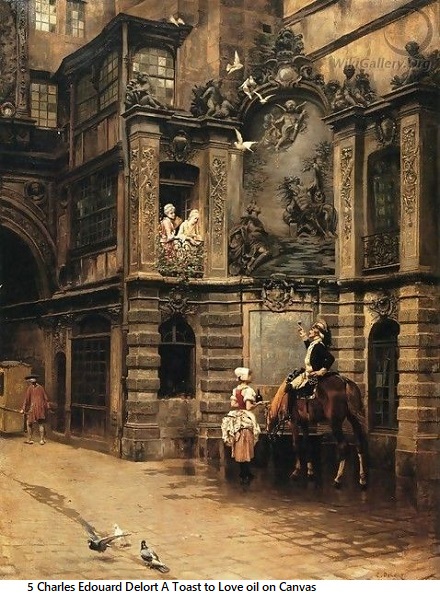Post 191 -by Gautam Shah
Sunday Feature on ART of Architecture
Georges Seurat (1859-1891) was a French painter. His most famous and large work Sunday Afternoon on the Island of La Grande Jatte, altered the modern art by initiating Neo-impressionism. He is known as the creator of Pointillism. Chevreul's theory that ‘by closely placing complementary colours, one could produce the impression of another colour’. This was exploited by Seurat.
Seurat was a meticulous artist, he would prepare multiple black sketches to study the site and posture in different illuminations and than prepare several compositions. The first composition, Bathers at Asnières (1884) depicted the light and atmosphere of high summer, through cross brushstroke technique (Balayé), but he later re-touched it with dots of contrasting colours in some of the areas.
After the Bathers, Seurat began the work on Sunday Afternoon on the Island of La Grand Jatte, a mural-sized painting that took him two years to complete. He made several drawings and 30 oil sketches to prepare for the final work. Again he reworked the painting in the technique of Pointillism.
Seurat’s technique of painting was radical, but his themes were ordinary landscapes. Later, he was associated with Symbolist artists and writers.
Seurat was only 31, when he died, yet he left
behind Seven monumental paintings, hundreds of
drawings and sketches. Seurat's last major works
depict Paris nightlife and all share a muted
palette, very different from the vibrant colours of
earlier paintings.
.


















































